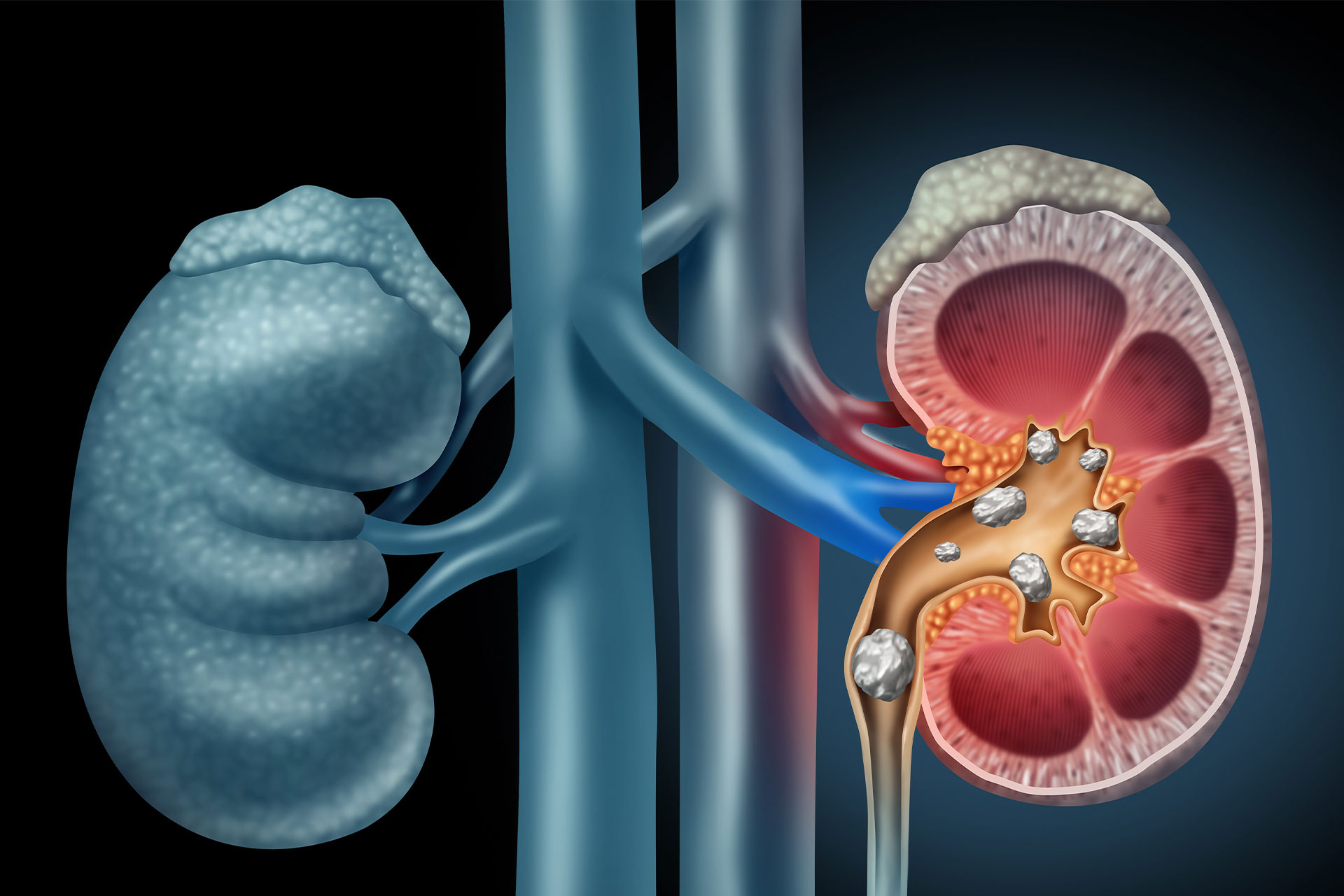Stone Surgery
Stone surgery typically refers to procedures performed to remove stones that have formed in various parts of the body. The most common types of stone surgery involve the urinary tract (kidney stones), gallbladder (gallstones), and salivary glands (salivary gland stones).
- Kidney stone surgery (Lithotripsy): Kidney stones are solid masses of minerals and salts that form within the kidneys. Surgical intervention may be necessary to remove larger stones that cannot pass through the urinary tract naturally. Lithotripsy is a common procedure that uses shock waves to break up kidney stones into smaller fragments, which can then be passed out of the body through urine.
- Minimal scarring: The small incisions used in
- Gallstone surgery (Cholecystectomy): Gallstones are hardened deposits that form in the gallbladder, often causing pain and other symptoms. Cholecystectomy, the surgical removal of the gallbladder, is the most common treatment for symptomatic gallstones. This surgery can be performed using traditional open techniques or minimally invasive laparoscopic approaches.
- Salivary gland stone surgery: Salivary gland stones, also known as sialolithiasis, can block the flow of saliva and cause pain and swelling in the affected gland. Surgery may be required to remove the stone and restore normal salivary gland function. The procedure may involve making an incision to access the stone or using minimally invasive techniques such as sialendoscopy to visualize and remove the stone.
In addition to these specific types of stone surgery, other procedures may be performed to remove stones from the bladder, ureters, or other parts of the body where stone formation can occur.
The choice of surgical approach depends on factors such as the size and location of the stone, the patient's overall health, and the preferences of the surgeon. In many cases, minimally invasive techniques are preferred due to their shorter recovery times, reduced post-operative pain, and lower risk of complications compared to traditional open surgery.
After stone surgery, patients may be advised to make lifestyle changes or take medications to prevent the recurrence of stones. Follow-up care and monitoring may also be recommended to ensure the success of the procedure and to address any potential complications.



